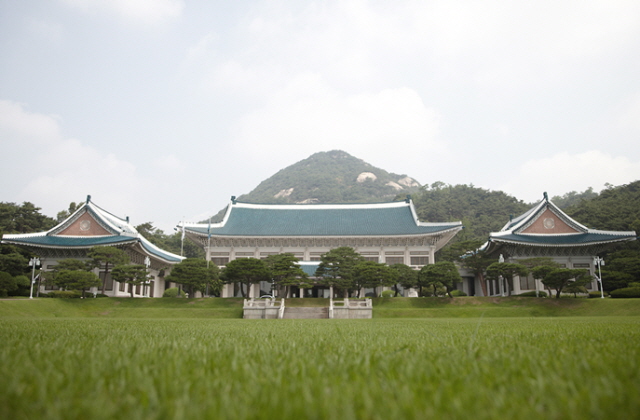이 웹사이트는 제19대 대통령 임기 종료에 따라 대통령기록관이 「대통령기록물 관리에 관한 법률」에 의해 이관받아 서비스하는 대통령기록물입니다. 자료의 열람만 가능하며 수정 · 추가 · 삭제는 불가능합니다.
다만, 「개인정보보호법」에 의하여 개인의 정보를 보호받기 원하시는 분은 관련 내용(요청자, 요청내용, 연락처, 글위치)을 대통령 웹기록물 담당자(044-211-2253)에게 요청해 주시면 신속히 검토하여 조치해 드리겠습니다. 감사합니다.
SPEECHES & REMARKS
BRIEFINGS

President Moon Jae-in and Japanese Prime Minister Shinzo Abe had their first telephone conversation since President Moon took office. The phone call was placed by Prime Minister Abe at 2:35 this afternoon in celebration of President Moon’s inauguration.
During the 25-minute dialogue, the two leaders exchanged candid views on a variety of issues, including the direction for Korea-Japan relations to take for future development, the situation on the Korean Peninsula and the Korea-Japan history issue.
President Moon began by highlighting the fact that Korea and Japan had made remarkable achievements in diverse areas within a broad framework despite the ups and downs in their relations over the half-century since the normalization of diplomatic ties. He also stressed that there would be unbound potential for bilateral cooperation in the years to come.
The President emphatically remarked that the two countries would deal with the many tasks ahead sincerely while facing up to the facts of history so that history-related issues, and other pending issues, would not impede on the path toward mature cooperation.
In regard to an agreement reached the year before last on the issue of comfort women, who were forced to work as sex slaves by the Japanese Imperial Army, Prime Minister Abe made clear his principled stance, saying he hoped that the agreement would be carried out faithfully as it constituted the foundation for building a forward-looking Korea-Japan relationship.
In this regard, President Moon said he hoped that Seoul and Tokyo would be able to exercise wisdom to resolve the comfort women and other history-related issues in the process of advancing bilateral relations. The President went on to say that it was necessary for political leaders in Japan to uphold and honor the spirit and letter of the Kono Statement, the Murayama Statement and the Joint Declaration between President Kim Dae-jung and Prime Minister Keizo Obuchi.
Noting the reality that the 2015 agreement over the sexual slavery issue was not acceptable to most Koreans, President Moon said that more time was needed as there were limits to how a government could intervene in the actions of civil society. In this context, the President emphasized that the two nations needed to make joint efforts to address the issue while acknowledging the sentiment of the people and prevailing reality.
President Moon said he wanted to make clear that historical issues should not be a sticking point in the forward-looking development of the two countries’ relationship. He went on to say that there is a need for the two sides to make separate endeavors to respond to North Korean nuclear and missile developments and to embark on future-oriented progress for Japan and Korea while making concerted efforts to wisely overcome history-related issues along the way.
The two leaders said they were looking forward to meeting each other in person as soon as possible and extended invitations to visit each other’s country.



